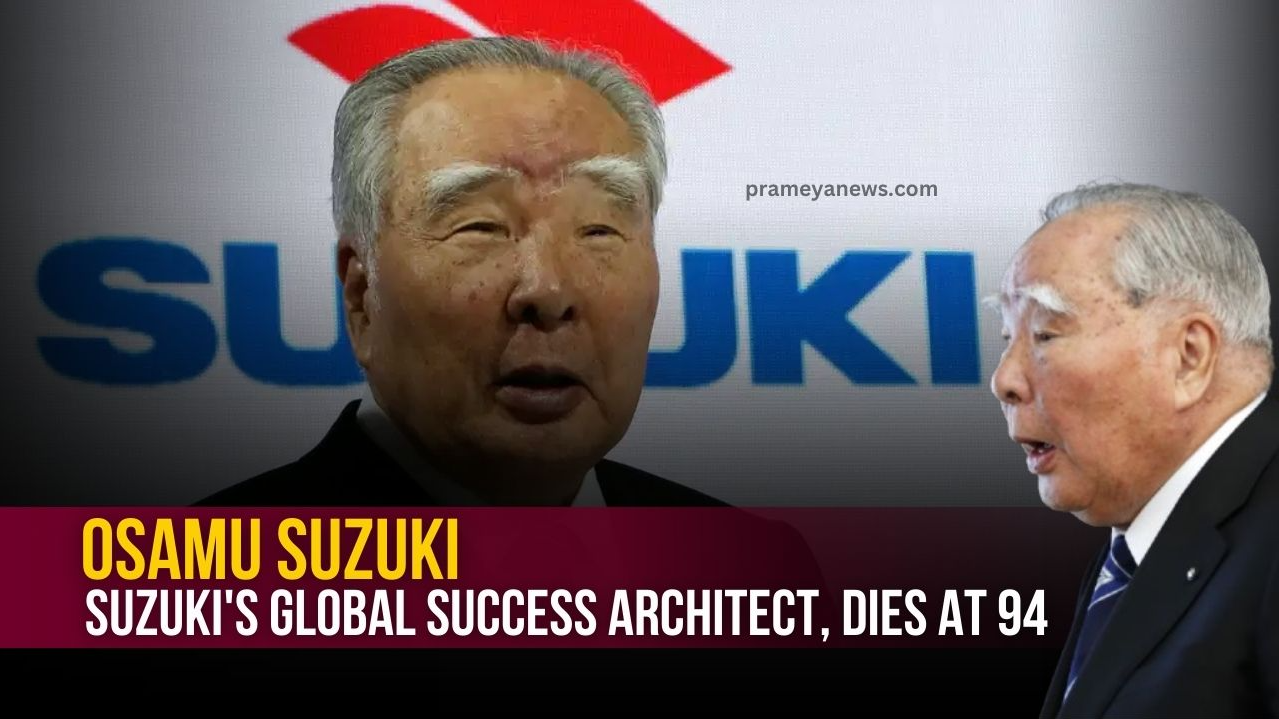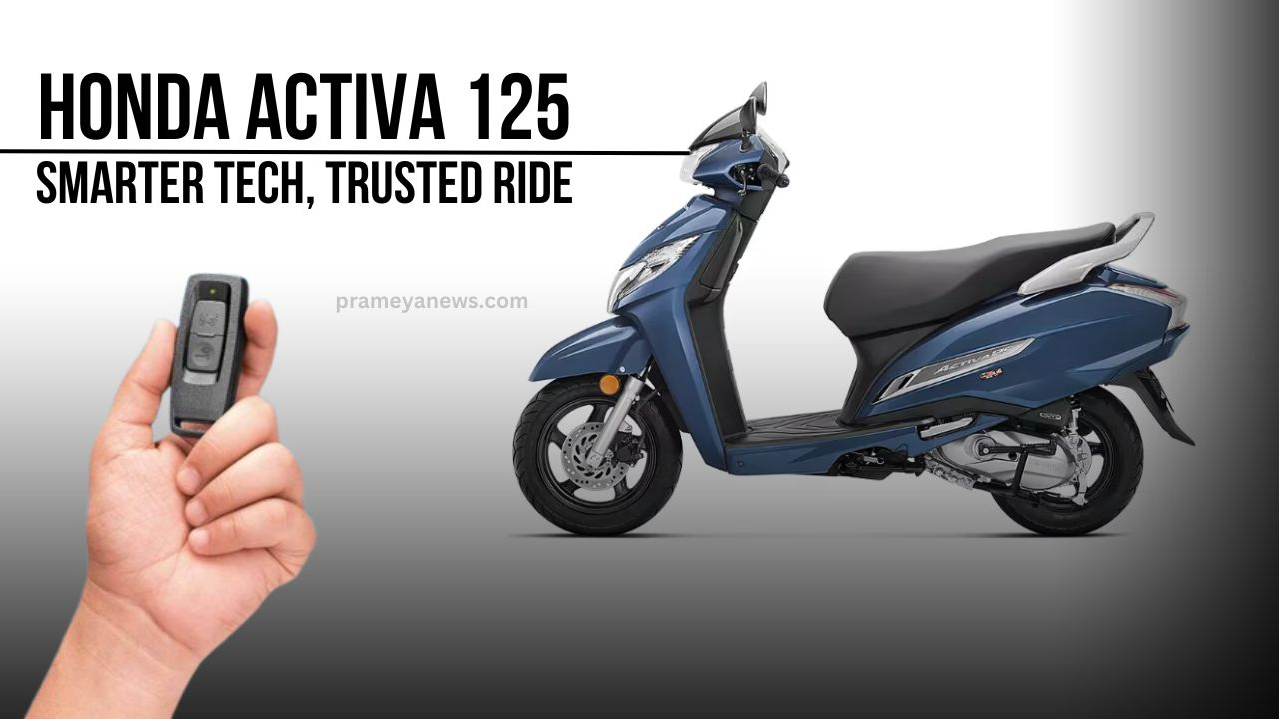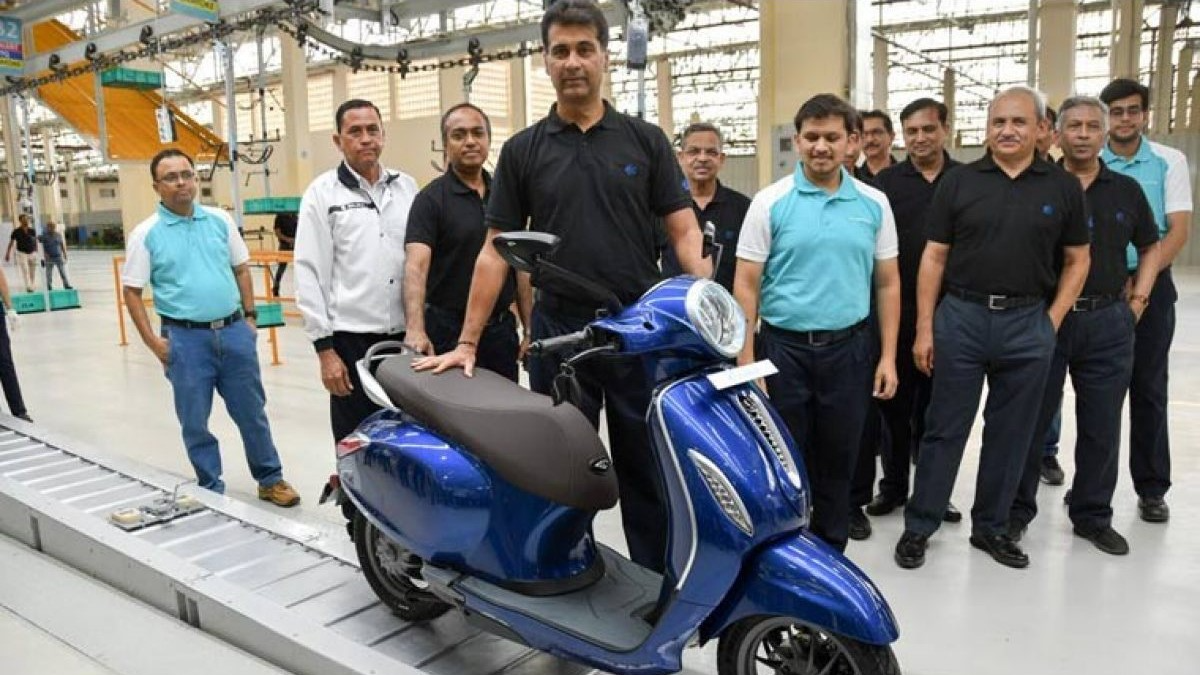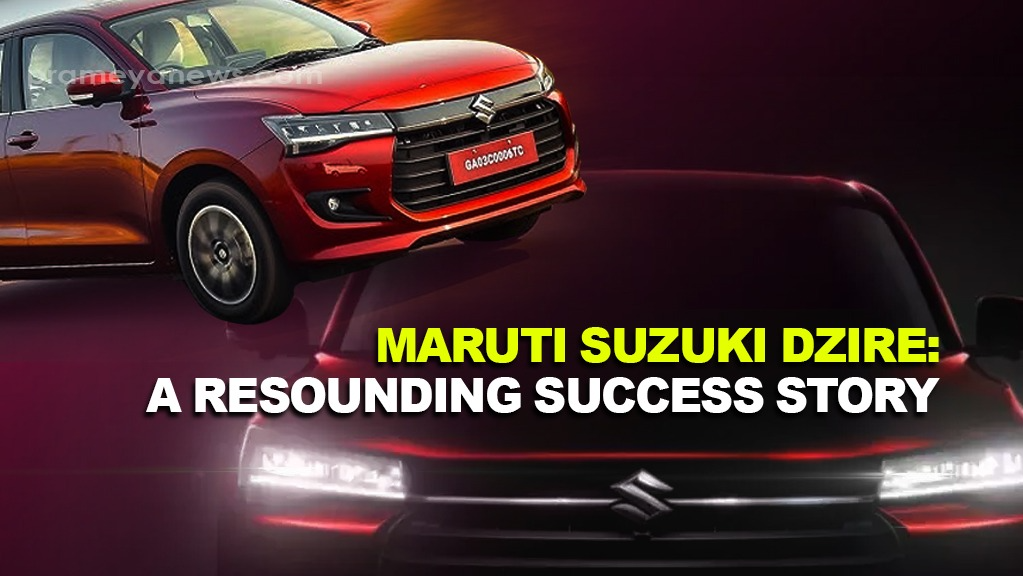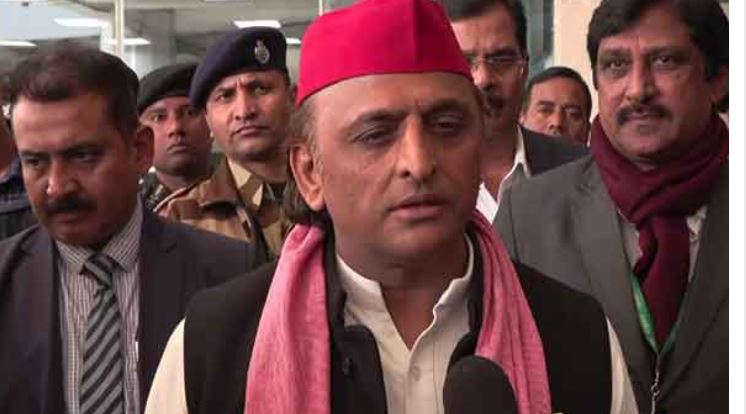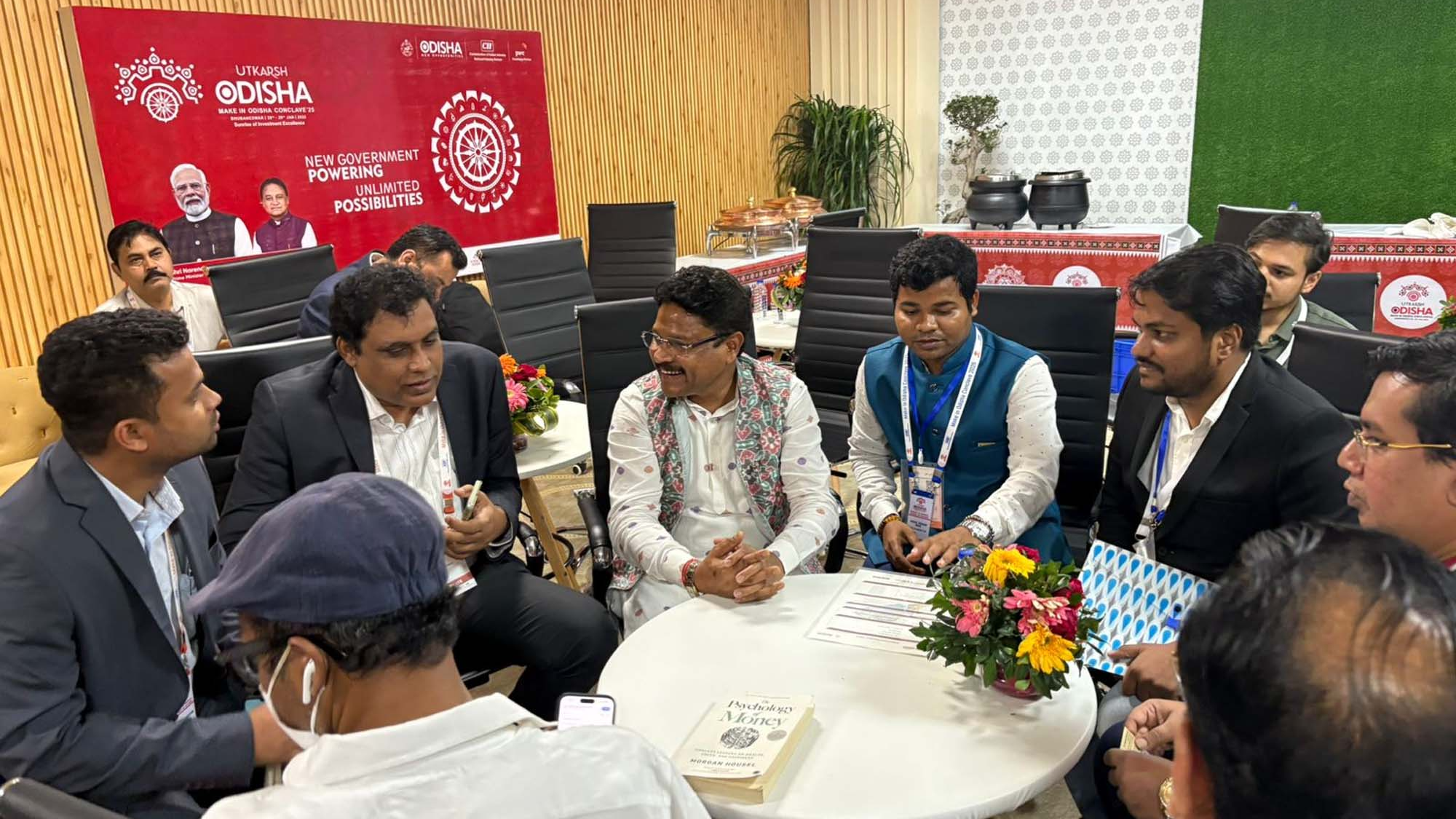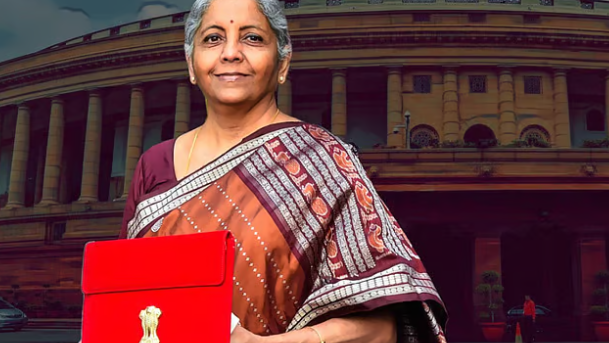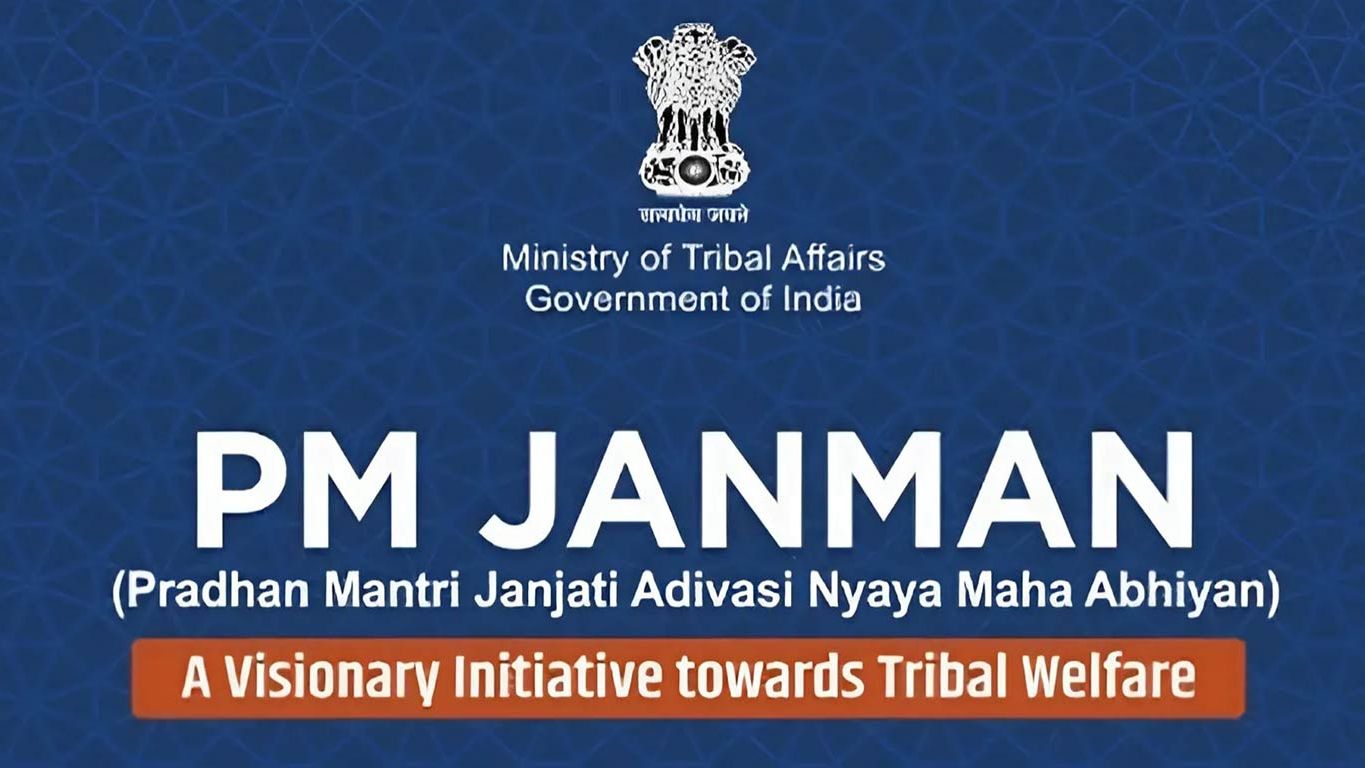The Unlikely Auto Baron: Remembering Osamu Suzuki
Osamu Suzuki, the man who transformed Suzuki Motor Corp. from a small Japanese manufacturer into a global automotive powerhouse, especially in the realm of compact cars and motorcycles, has passed away at the age of 94. He wasn't born a Suzuki, nor did he start in the auto industry. His journey, marked by strategic gambles, international partnerships, and an unwavering focus on small cars, is a testament to his unconventional path and his profound impact on the automotive world, particularly in emerging markets like India. He was a former bank employee.
From Bank Teller to Automotive Titan: Suzuki's unconventional path
Born Osamu Matsuda in 1930, Suzuki's career began far from the roar of engines. He initially aspired to be a politician and even worked as a junior high school teacher and night guard while pursuing a law degree at Chuo University. After graduating in 1953, he took a job at a bank. However, destiny had other plans. His arranged marriage to Shoko Suzuki, granddaughter of Suzuki Motor's founder Michio Suzuki, brought him into the family fold in 1958. He adopted the Suzuki surname, a common practice in Japan when a family business lacks male heirs.
Timeline of Osamu Suzuki's Tenure at Suzuki Motor Corp.:
- 1958: Joins Suzuki Motor Corp. after marrying Shoko Suzuki.
- 1960s-1970s: Serves in various management roles.
- 1978: Becomes President of Suzuki Motor Corp.
- 1979: Launches the Alto minicar in Japan, a pivotal moment in the company's history.
- 1981: Forms an alliance with General Motors (GM) to expand in North America and Europe.
- 1982: Enters the Indian market through a joint venture with the Indian government, forming Maruti Udyog (later Maruti Suzuki).
- 1983: Launches the iconic Maruti 800 in India, revolutionizing the Indian car market.
- 2000: Steps down as President, becomes Chairman and CEO.
- 2008: Returns as President amidst the global financial crisis; GM divests its stake in Suzuki.
- 2010: Forms an alliance with Volkswagen (VW), which later dissolved in 2015.
- 2015: Passes presidency to his son, Toshihiro Suzuki; becomes Chairman and CEO.
- 2016: Steps down as CEO following a fuel-economy testing scandal; remains Chairman.
- 2019: Forms a capital alliance with Toyota.
- 2021: Retires as Chairman, ending his active role in the company.
- 2024: Dies on December 25, at the age of 94.
Building an Empire: Key achievements and noteworthy failures:
Osamu Suzuki's legacy is a mix of remarkable triumphs and notable setbacks. Here's a look at some of his defining moments:
Achievements:
- The Alto Revolution: The launch of the Alto minicar in 1979 was a masterstroke, revitalizing Japan's minicar market and establishing Suzuki's expertise in compact vehicles.
- Conquering India: Suzuki's bold entry into India in the early 1980s was his crowning achievement. The Maruti 800, a small, affordable car, became a cultural phenomenon, transforming India's automotive landscape and establishing Maruti Suzuki as the dominant player. Today, India is Suzuki's biggest market, accounting for over half of its global sales.
- Global Expansion: Suzuki's vision extended beyond Japan. He strategically expanded the company's global footprint, establishing production bases in countries like Pakistan and Hungary, focusing on markets often overlooked by larger automakers.
- Motorcycle Dominance: Under his leadership, Suzuki solidified its position as a leading global motorcycle manufacturer, renowned for its performance and racing success.
Failures and Controversies:
- The GM and VW Alliances: While initially promising, Suzuki's partnerships with General Motors and Volkswagen ultimately ended in disappointment. The GM alliance dissolved in 2008, with GM selling its stake during its own financial struggles. The VW partnership, formed in 2010, quickly soured, culminating in a bitter legal battle and Suzuki buying back VW's shares in 2015.
- Fuel-Economy Scandal: In 2016, Suzuki admitted to using improper methods to test the fuel economy of its vehicles in Japan. This scandal led to a sharp drop in the company's stock price, management shake-ups, and a dent in its reputation. Osamu Suzuki, while stepping down as CEO, remained as Chairman, accepting a 40% pay cut in a show of responsibility.
A Legacy of small cars and big impact:
Osamu Suzuki's leadership philosophy, as he described it in his memoir, was simple: "Never stop, or else you lose." This relentless drive propelled Suzuki Motor Corp.'s growth for over five decades. He was a firm believer in the power of small cars, recognizing their potential in emerging markets long before his competitors. His more than 28 years as president across two terms made him the longest-serving head of a global automaker.
End of an Era
Osamu Suzuki's death marks the end of an era for Suzuki Motor Corp. and the automotive industry as a whole. His legacy is complex, a tapestry of bold decisions, strategic partnerships, and a relentless focus on compact vehicles that resonated with millions worldwide. He transformed Suzuki into a global force, particularly in India, where the company's success is unparalleled. While his career wasn't without its controversies, his impact on the automotive landscape, especially in developing nations, is undeniable. As the industry transitions towards electric vehicles and new mobility solutions, Suzuki Motor Corp. faces new challenges. The foundation laid by Osamu Suzuki, however, provides a strong platform for the company to navigate the future. His story serves as a powerful reminder that unconventional paths and a willingness to take calculated risks can lead to extraordinary success in the ever-evolving world of automobiles. His passing prompts reflection on the importance of adaptability, strategic vision, and the enduring appeal of affordable, reliable transportation in a rapidly changing global market.









